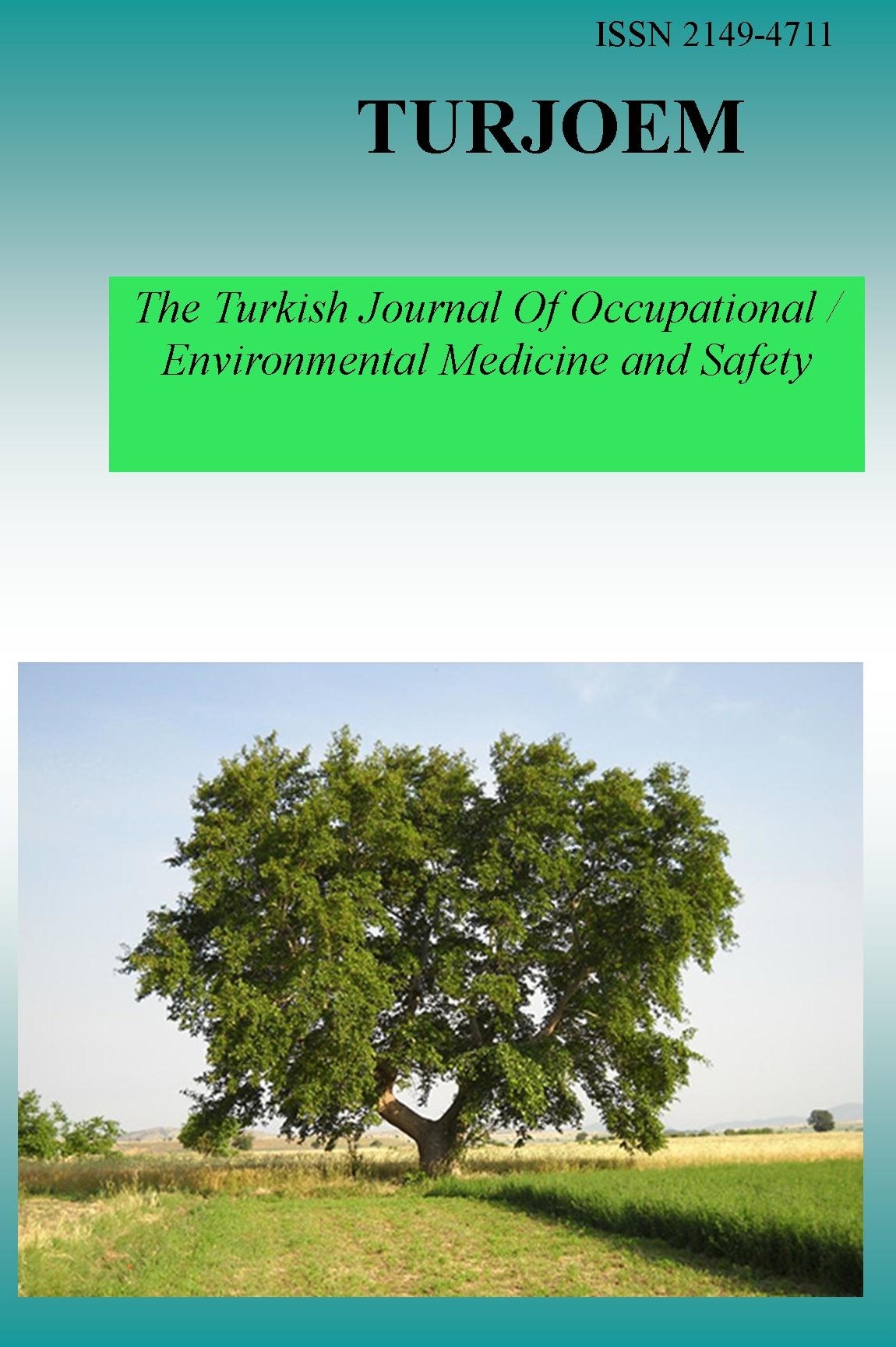ASSESSMENT OF IN VITRO GENOTOXICITY AND ANTIGENOTOXICITY OF LUTEOLIN BY USING COMET ASSAY
ASSESSMENT OF IN VITRO GENOTOXICITY AND ANTIGENOTOXICITY OF LUTEOLIN BY USING COMET ASSAY
ASSESSMENT OF IN VITRO GENOTOXICITY AND ANTIGENOTOXICITY OF LUTEOLIN BY USING COMET ASSAY,
___
- Esra ERIKEL, Deniz YÜZBAŞIOĞLU, Fatma ÜNAL
- Gazi University, Science Faculty, Department of Biology, Genetic Toxicology Laboratory, 06500, Ankara, TURKEY
- ISSN: 2149-4711
- Başlangıç: 2015
- Yayıncı: Engin TUTKUN
INVESTIGATION OF HISTOPATHOLOGICAL EFFECTS OF ZINC PYRITHIONE ON OREOCHROMIS NILOTICUS (L., 1758)
WHICH ONE IS DANGEROUS: MOTH OR MOTH REPELLENT NAPHTHALENE?
Aysel KEKİLLİOĞLU, Feyza KEÇİCİ, Gamze DURAK
SIMULTANEOUS DETERMINATION OF 32 NEW SYNTHETIC CANNABINOIDS IN HUMAN URINE AND HAIR BY LC-MS/MS
SURVEILLANCE OF AFLATOXIN M1 IN RAW MILK SAMPLES FROM SOUTHERN TURKEY
Sevcihan TAS, Emel Banu BUYUKUNAL
ASSESSMENT OF IN VITRO GENOTOXICITY AND ANTIGENOTOXICITY OF LUTEOLIN BY USING COMET ASSAY
Esra ERIKEL, Deniz YÜZBAŞIOĞLU, Fatma ÜNAL
INVESTIGATION OF HEAVY METALS IN SOME FOUNDATION PRODUCTS IN TURKEY
Onur ERDEM, Kenan Can TOK, Eyüp ÇIRAK, Serdar ÇETINKAYA, Cemal AKAY, Zeliha KAYAALTI
THE RELATIONSHIP BETWEEN FORENSIC PHARMACOLOGY-GENETICS AND NANOTECHNOLOGY
Filiz Ekim ÇEVIK, Esma Cansu ÇEVIK, Selda MERCAN, Faruk AŞICIOĞLU
SOLUTIONS FOR SCREENING AND QUANTIFYING COMPLEX TOXICOLOGY COMPOUNDS WITH LC-MS/MS AND LC-QTof
Mehmet Kadir ERDOĞAN, Lütfi BEHÇET
CHEMICAL RISK FACTORS AT THE FORENSIC LABORATORIES: APPROACH WITH REGARD TO WORK HEALTH AND SAFETY
